1
When we’re talking about theatre, the dock from which we depart, we’re usually talking about plays and musicals. Most of the time, plays exclude other forms (if they incorporate music or dance, it’s commonly diegetic, or at least not abundant enough to alter its categorization too much—the “play with music”). Companies tend to produce only one sort of performance.
2
I’m bored by ordinary play structure, and I think a lot of neurodivergent theatre lovers and makers are as well. Most plays really are structurally and formally similar. Whenever I’ve tried to write “a play,” what I end up with has felt really dull and inimical to the raw, radiant spark of the live moment. Though many neurodivergent people feel most comfortable (or at least least distressed) when they know precisely what to expect of any situation, the problem is that the thing that the word “play” represents is so boring and incompatible with how our brains work that we’re not even showing up. We aren’t built to understand “the play” as a stimulating, coherent enterprise; it will always be inadequate compared to what could occur on a stage, but all too frequently doesn’t.
3
Of course, the very wide category of the “play” really isn’t so homogenous as all that. And even as a neurodivergent person, there are plenty of plays that I love, plays like Love! Valour! Compassion! and John and Seventy Scenes of Halloween, and of course I love musicals. But the works of performance that have really lit me up, treated me to the most electrifying nights in the theatre, have also been works that take some of the largest steps away from being “merely” plays. I’m talking about shows like Rude Mechs’ The Method Gun, the Debate Society’s Blood Play, Charles Mee’s bobrauschenbergamerica, Taylor Mac’s The Lily’s Revenge, Reza Abdoh’s The Hip-Hop Waltz of Eurydice, Clare Barron’s Dance Nation, Spalding Gray’s monologues, and work made by performance groups like Forced Entertainment, Elevator Repair Service, and The Wooster Group.
4
Leaving the notion of the “play” wobbly for a minute, I’d like to think of the intentionally live moment as the smallest essential element of what theatre is and why it’s valuable—because that’s the thing I still haven’t been able to shuck, why I can’t quit the whole fabulous invalid—and then build an architecture that takes into account the way that the neurodivergent mind works and what we, I, crave.
5
Shades of Konstantin Gavrilovich pinwheeling around the stage: “we need new forms, new forms”—but we do, mary!
6
ADHDers have wacky relationships with time. It’s an ADHD truism that there are only two times: now and not-now. Many of us are time-blind and struggle with the flow of elapsed time into action. We often experience episodes of hyperfocus, when it is (not just feels) impossible to pull ourselves away from a task, whether that be a chore or a digression or an improvisation (or, when lightning strikes, work). We make to-do lists and save things for later, but there’s only the present moment for getting anything done or for recharging once we’ve done it.
Theatre has been sorely lacking in options and opportunities for pieces that are nonfictional not because their narrative and content are “true,” but because they choose to throw in their lot formally with what nonfiction affords.
7
The thing about performance is that it also, by definition, exists now, live, in the present moment. If it’s recorded, it’s not live. When we see performance, we are watching art get made, and participating in it through our palpable attention. This is unique to performance.
There’s an ADHD phenomenon called body-doubling, where just having somebody else in the room with us gets our otherwise indolent motor purring, and we can suddenly focus and get our work done. It’s wild that it works, but it does. I love making and watching theatre because you’re never in the room alone.
8
The slice of time that we call a performance is, I think, of especial value to people with ADHD. It provides a comfortable enrobement into a linear experience of time, where all we need to do is arrive, sit in the dark, and let the thing happen. No flipping around, scrubbing, changing the channel, or toggling between tabs. Sensory immersion, in the dark, is so attractive to my kind of neurodivergent person. It’s like a temporal-visual Temple Grandin squeeze machine. The dark irises in on the stage, and I just have to take it all in, and what happens next could be anything.
9
So what’s the form? If not a play, then what? I’d like to propose the live theatrical essay as the fundamental form of neurodivergent performance.
The essay, and nonfiction generally, occurs to me as the most open and valuable and fascinating mode that exists. In many narrative forms, but particularly theatre, works that occupy the binary position of “fiction” tend to be king, regarded as the default, in contrast to those in the “nonfiction” position. Think of the novel over the book-length essay; the feature film over the documentary; nearly every play ever over, what, The Laramie Project and Mike Birbiglia? (No shade to either! It’s just all either verbatim theatre or one-person shows.) Theatre has been sorely lacking in options and opportunities for pieces that are nonfictional not because their narrative and content are “true,” but because they choose to throw in their lot formally with what nonfiction affords.

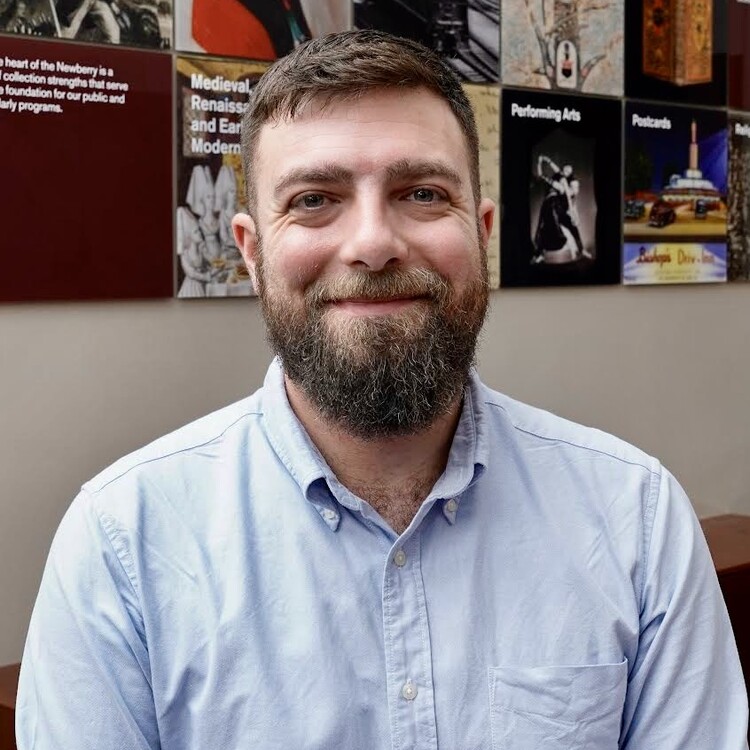
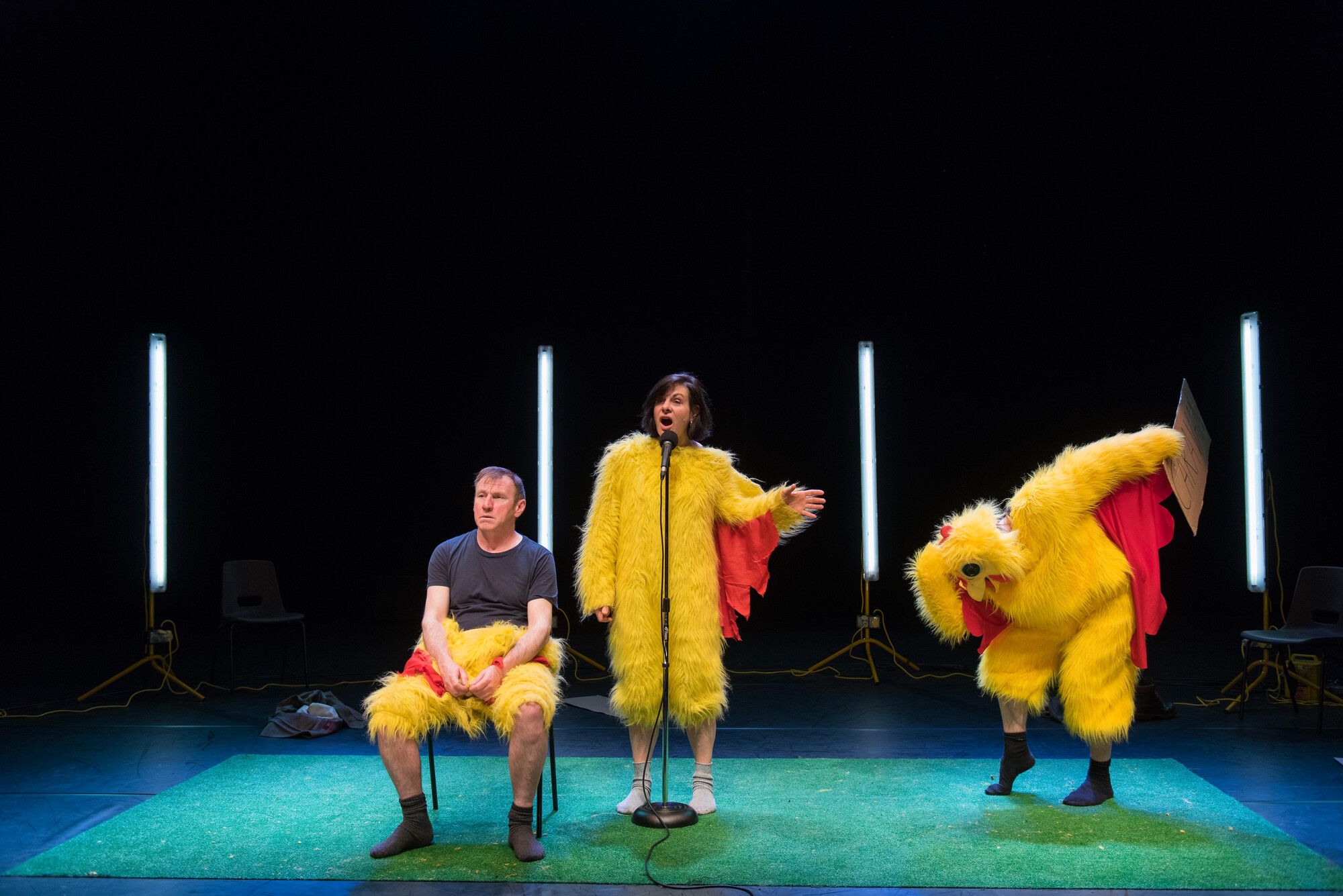
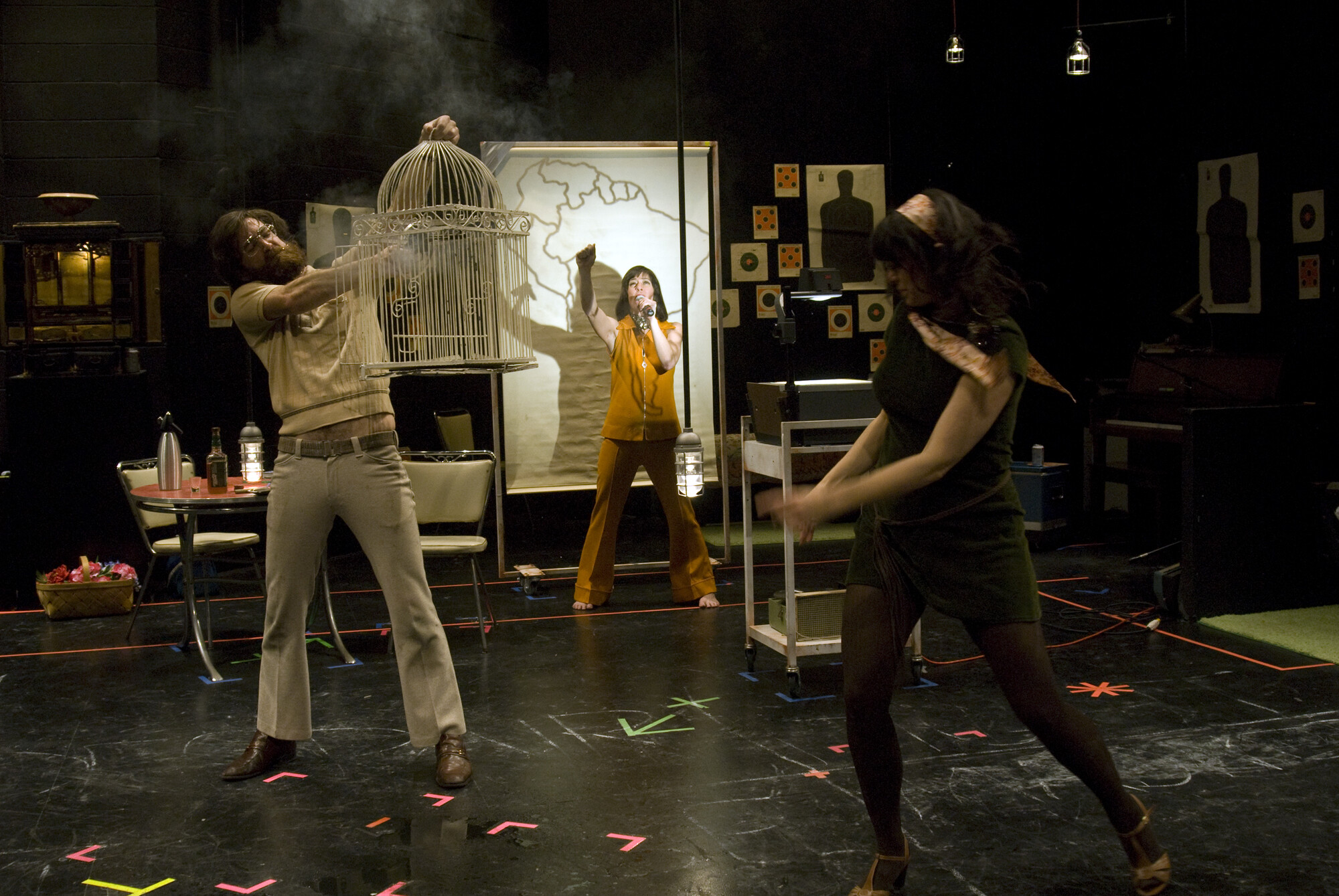
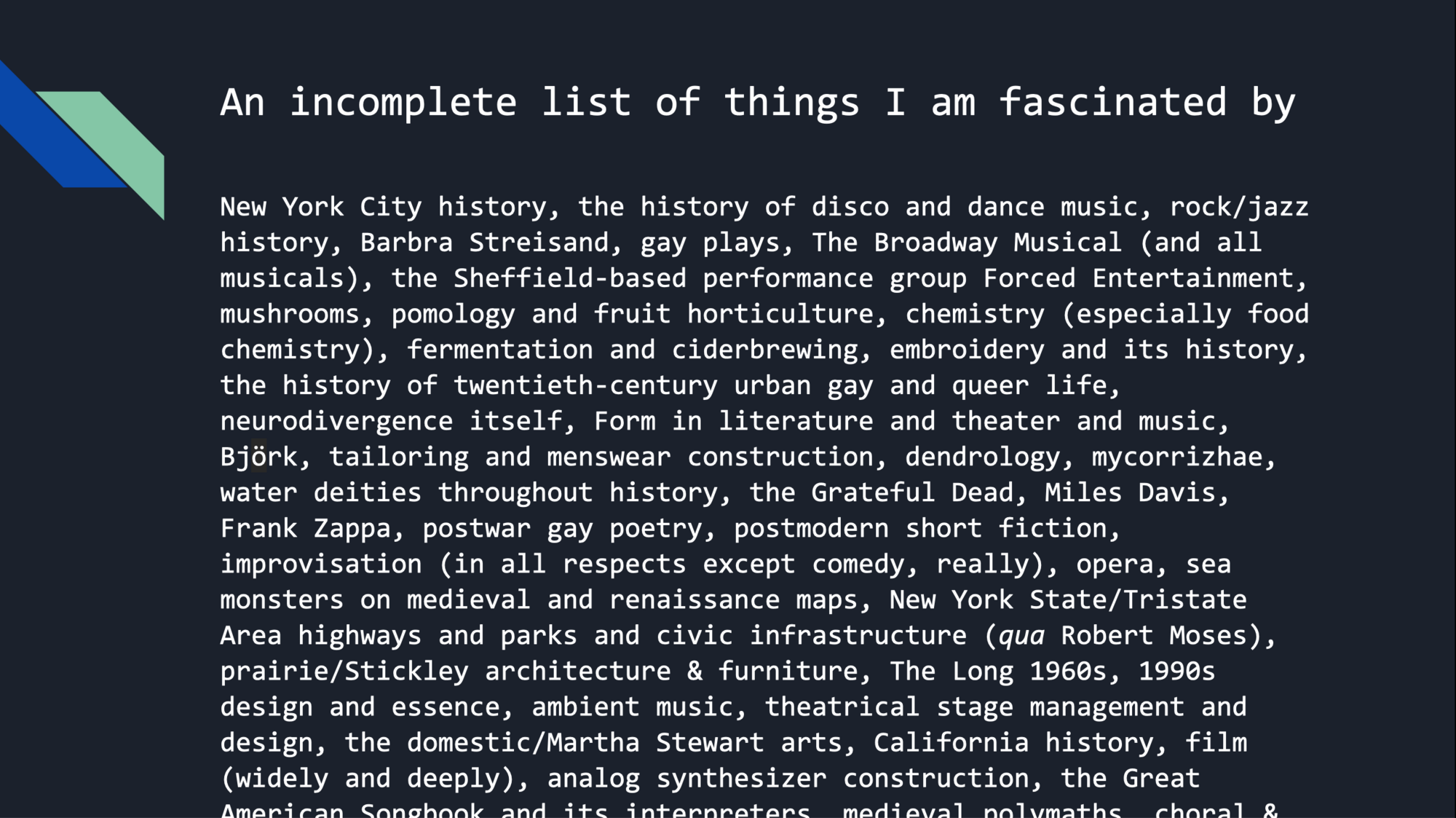
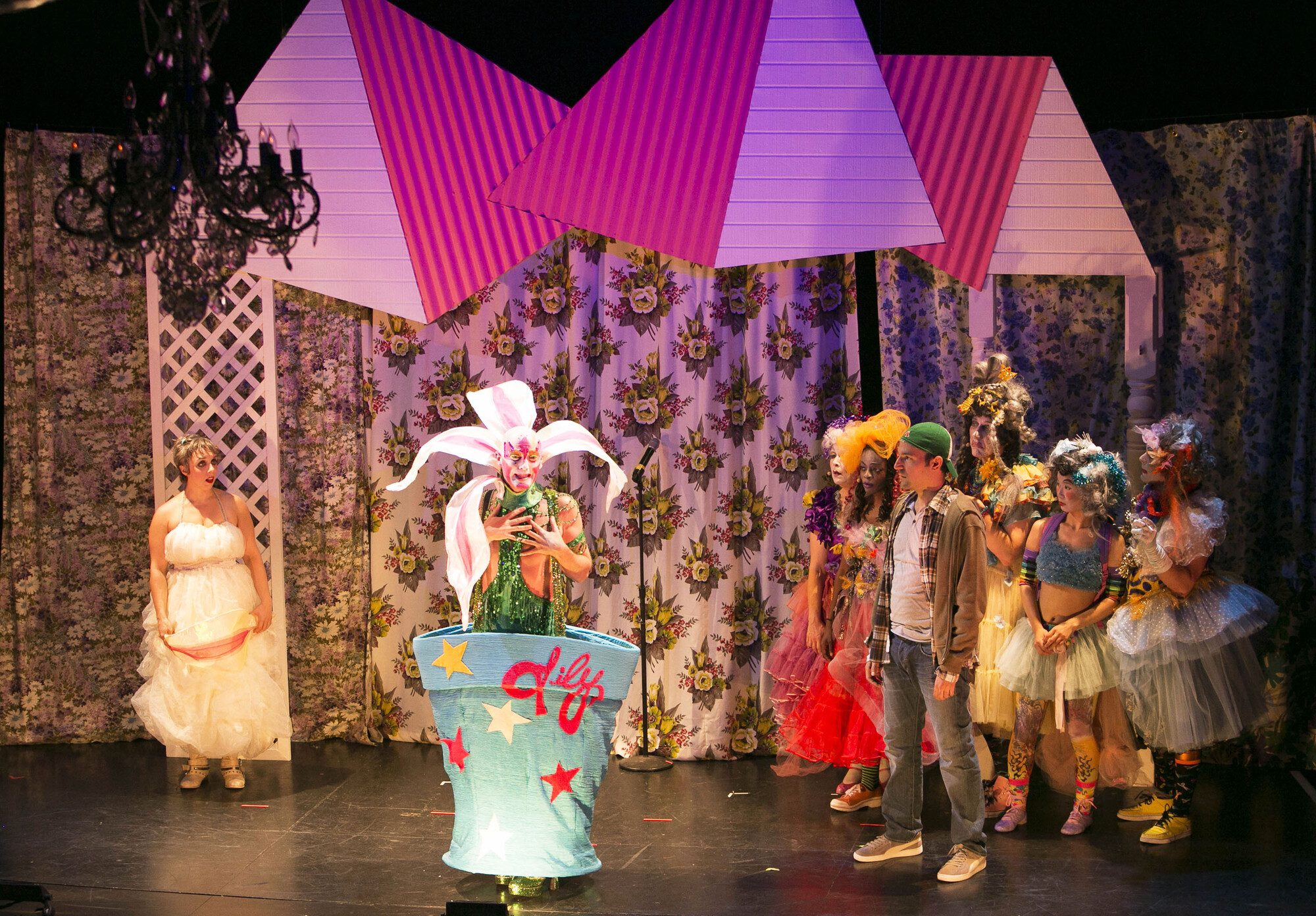
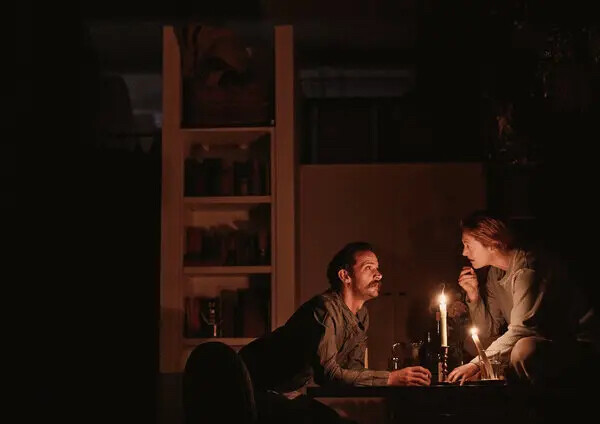
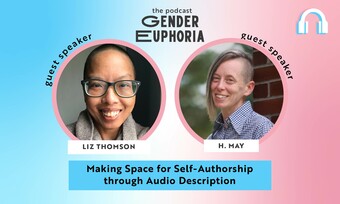



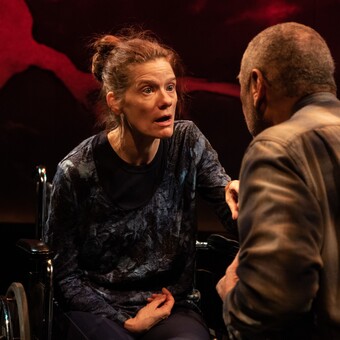





Comments
The article is just the start of the conversation—we want to know what you think about this subject, too! HowlRound is a space for knowledge-sharing, and we welcome spirited, thoughtful, and on-topic dialogue. Find our full comments policy here
Thank you for this fabulous essay! I LOVE it! As an AuDHD playwright who is almost never ever produced in spite of having written many plays, including nonfiction ones! and plays that use :) to indicate when characters are masking or smiling so hard their face might break... and plays that are always breaking the 4th wall and doing things that most US theatres just don't seem to want to take any sort of chance on, I appreciate all of what you've said here. Especially about the possibilities of time! Apparently my sense of time is different from NT ideas of time, but I think we can all agree that by the end of any show/event on stage/whatever we call it we are all closer to death. So backwards, forwards, inside out, we're still moving closer to death and whatever has happened must have value or we never want to go back to the theatre again. I look forward to the day when many neurodivergent minds are given the chance (because it's truly a gatekeeping issue) to create theatre in all the possible and glorious ways!
Glad to see this essay get HowlRound-level visibility. As a neurodivergent director & dramaturg, I find that many institutions are much more strict about their aesthetic parameters than they think they are. Many artistic choices that come specifically from a neurodivergent experience are dismissed because they exist outside neurotypical experience and therefore "wrong." Rather than allow an audience to decide for themselves, these impulses are censored in anticipation of an audience rejecting them. It's unfortunate.
However, I've seen extraordinary innovation towards neurodivergent-enticing experiences in international work for young audiences. Some of that, in my opinion, is due to their creator's freedom from curriculum-bound expectations from their target audience which limits so much work for young people in the US. However, the most significant factor is perhaps the creator's neuroplasticity and willingness to play. Not "play" as the US thinks of it, as a realm solely for children, but as a state of being in a state of wonder, experimentation, and free from self-censoring. Within that sense of play is an extremely high level of respect for the intelligence of their anticipated audience. At the performances I've witnessed, the adults have been just a rapt at the young people in the audience. Perhaps theatre for "grown-ups" might build upon what these talented creators have discoverd.